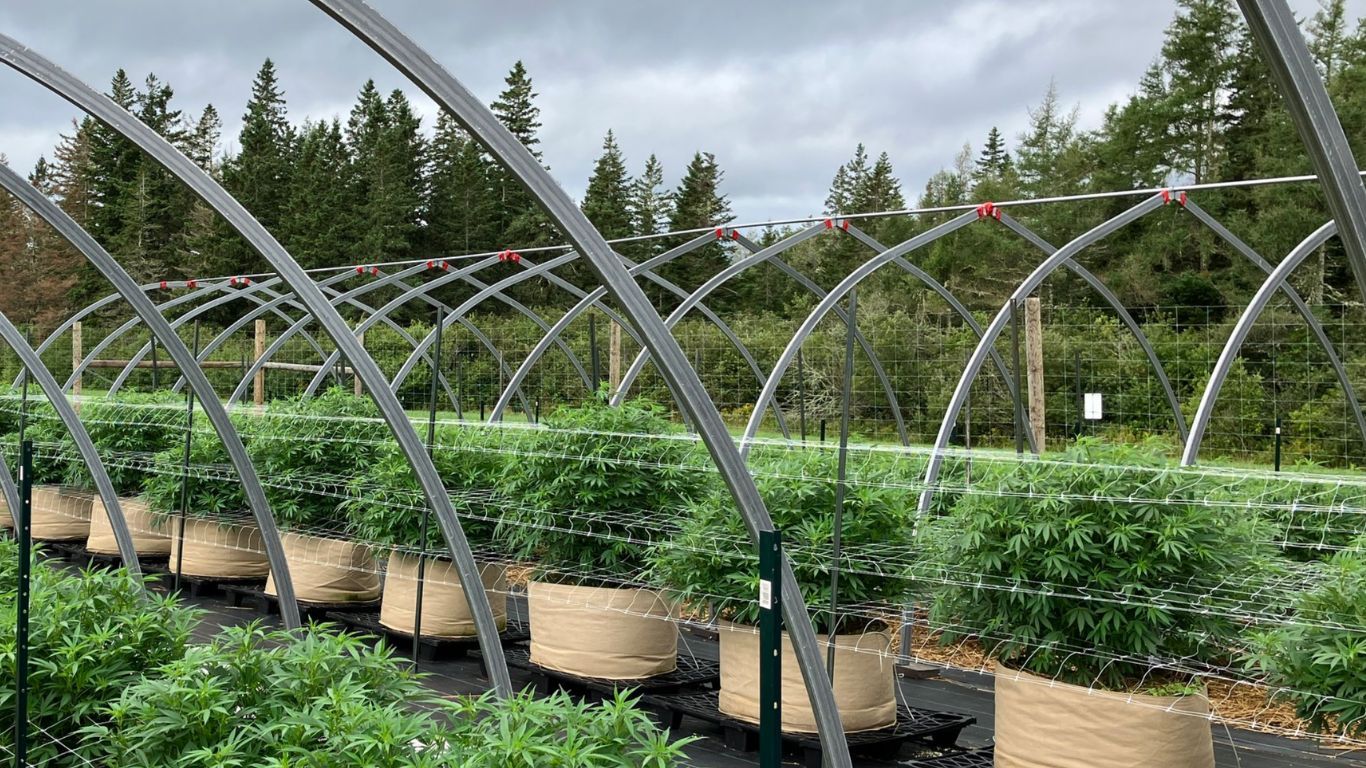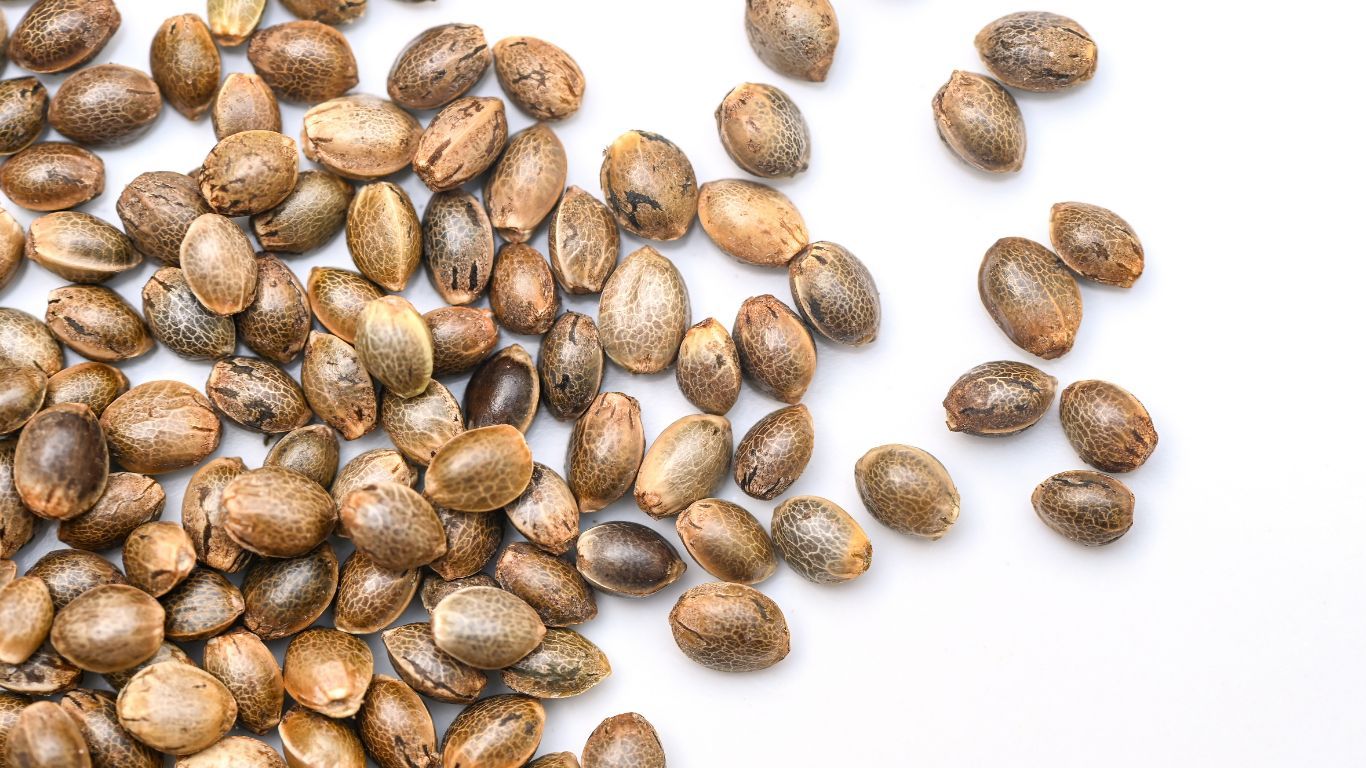
Health Canada says it has again identified several edible cannabis products it deems as being incorrectly sold as cannabis extracts.
A spokesperson for Health Canada tells StratCann via email that the regulator is working with several cannabis producers to address the issue.
“Health Canada has identified edible cannabis products erroneously being classified and marketed as cannabis extract products. These non-compliant products do not meet the controls in the Cannabis Act and Cannabis Regulations, which serve to mitigate against public health and public safety risks associated with edible cannabis. These controls include, but are not limited to, a maximum limit of 10 mg of THC per container to help reduce the risk of accidental or overconsumption; limits on the use of certain ingredients; and requirements for preventive control plans to reduce the risk of food-borne illness.
“In cases of potential non-compliance, Health Canada’s preference is for regulated parties to voluntarily undertake actions to come into compliance.”
Health Canada notice
Health Canada is working with several licence holders to resolve any non-compliance.”
Earlier this year, Health Canada sent notice to several companies making similar so-called edible or ingestible extracts containing more than 10 mg THC per container that they would need to cease selling and distributing those products. Health Canada also warned the public about consuming these products.
Since that time, several other similar products have also been released on the market that advertise themselves as cannabis extracts rather than edibles, despite being intended for oral ingestion.
Cannabis producers selling these products maintain that these products were not, and are not edibles, but the federal regulator disagreed.
The federal health authority also issued an online document earlier this year providing clarity on the issue of the classification of edible cannabis. The document, in part, notes that a cannabis edible is defined as any article manufactured, sold or represented for use as food or drink for human beings, chewing gum, or any ingredient that may be mixed with food for any purpose.
“The OCS is re-engaging with all its cannabis extracts suppliers to remind them of their ongoing obligation to ensure that product complies with applicable laws, including the Cannabis Act and Regulations.”
OCS Spokesperson
“Licence holders should verify if their cannabis products are classified correctly. Licence holders are encouraged to review the definitions of, and requirements for, cannabis and cannabis products in the Guide on composition requirements for cannabis products and Packaging and labelling guide for cannabis products.”
One cannabis producer selling such products is challenging Health Canada’s ruling in court. Organigram had to stop selling its ingestible extract product and had its application for judicial review approved in August. Organigram and others who have made these products maintain that they are compliant with all applicable regulations. The court case is now pending.
In instances of non-compliance, the same media representative for Health Canada says it takes a gradual approach to encouraging compliance with its regulations, and points out that they do not formally approve products for sale. Instead, they highlight that it is the responsibility of the licence holder to ensure that their cannabis products are compliant with the Cannabis Act and its regulations.
“In cases of potential non-compliance, Health Canada’s preference is for regulated parties to voluntarily undertake actions to come into compliance. As outlined in Health Canada’s Compliance and Enforcement Policy for the Cannabis Act, the Act contains a number of enforcement tools that may be considered in determining the appropriate actions to prevent or address non-compliance based on a review of the situation and all relevant information, including the public health or public safety risk and the compliance history of the individual or corporation.
“These include measures ranging from compliance promotion and awareness, which are intended to educate and prevent non-compliance, up to measures intended to correct non-compliance or address a public health or safety risk, such as the issuance of a warning letter, suspension or cancellation of a federal licence, the issuance of a ministerial order, or the issuance of administrative monetary penalties.”
The Ontario Cannabis Store (OCS), which manages distribution and sales in the province, has recently sent a memo to relevant licence holders reminding them of their responsibility to ensure products they submit to the OCS are compliant with all applicable regulations.
A spokesperson with OCS expands on this, saying the provincial organization will continue to work with its suppliers to ensure all products sold into Ontario’s legal market remain compliant.
“In response to Health Canada’s compliance statement, OCS engaged with its suppliers in March 2023, reminding them of their obligations to comply with applicable law and requesting they identify any affected products. On May 31, 2023, OCS stopped replenishing and accepting deliveries of all products that suppliers identified to OCS as being affected by the compliance statement.
“The OCS is re-engaging with all its cannabis extracts suppliers to remind them of their ongoing obligation to ensure that product complies with applicable laws, including the Cannabis Act and Regulations, and requiring attestation as to whether they have heard from Health Canada about any product(s) that may be affected by the compliance statement.”











